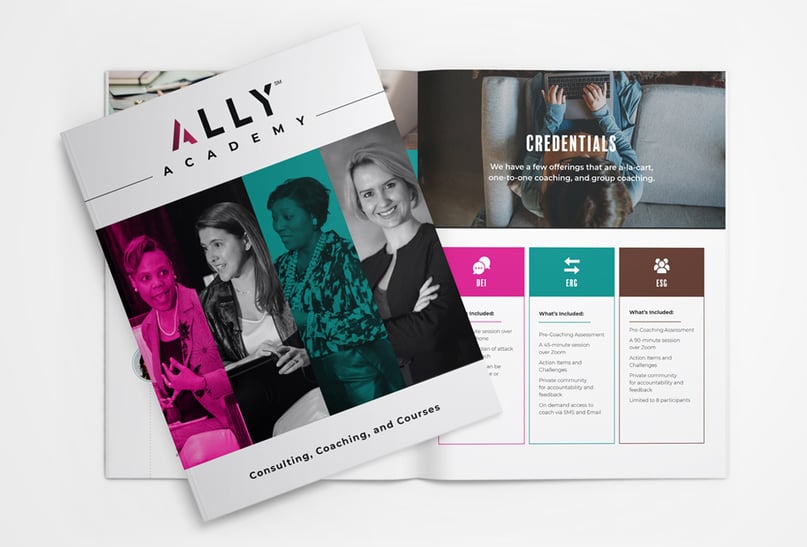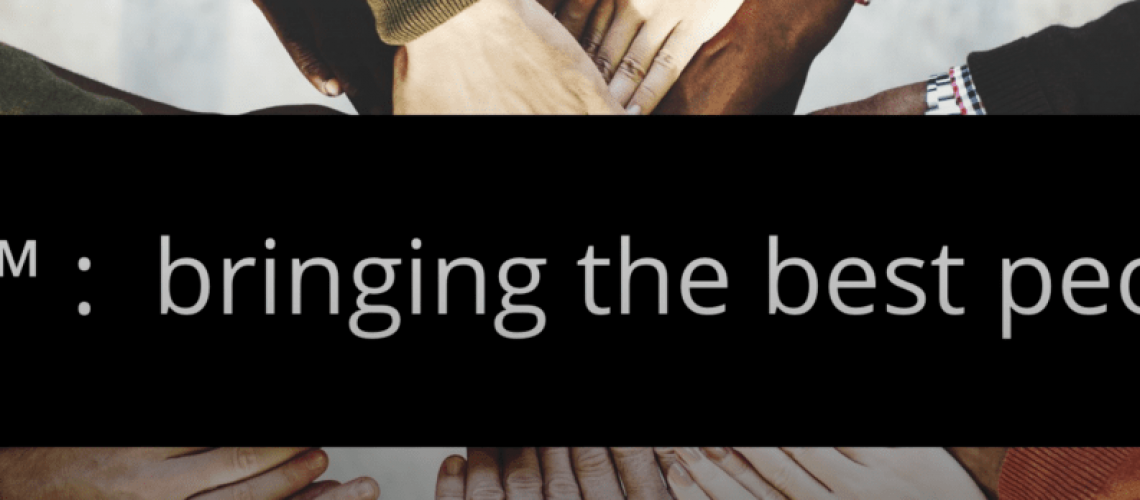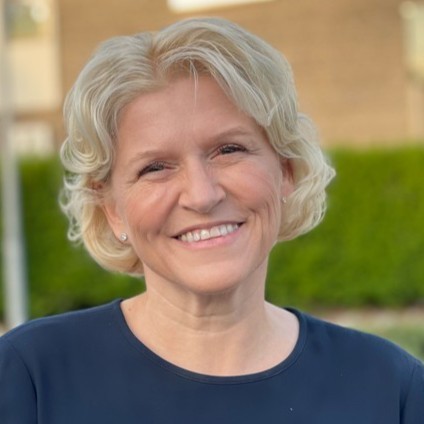Organizations are becoming more diverse than ever. Equity and inclusion will be key principles for any organization or institution in talent management with this change in the composition of the workforce. This means that business leaders now will have to be adept at managing differences that occur due to the diversity in the workplace.
Businesses that learn how to effectively manage differences that come out of diversity in the workplace will have demonstrable advantages from hiring the right talent to a better understanding of their markets.
What is diversity in the workplace?
Before we get to how to apply the principles of equity and inclusion, we have to understand the meaning of diversity in the context of an organization. Diversity refers to the inherent differences between people in a workplace.
It encompasses all identities related to gender, ethnicity, race, language, sexual orientation, physical and mental condition, military service, and citizenship status.
Diversity is not just about how an individual might identify themselves. It’s also crucially about how others in the system view them.
The benefits of a diverse workforce
Diverse workplaces find it easier to attract talent from different backgrounds. This will go a long way in making the organization innovative and creative as you will benefit from the experiences of different socio-cultural backgrounds.
Diversity will also help businesses have an in-depth understanding of the markets they operate in as the consumer landscape is also becoming more diverse every year.
Organizations that consciously and proactively practice equity and inclusion will also improve client and customer satisfaction as there would be a greater bandwidth for understanding and accommodating differences.
Managers’ role in addressing differences
Diverse workplaces also throw up challenges that managers will have to consciously manage. Since these differences are new to many organizations, systems and processes will have to be reoriented to address these. To effectively manage differences in the workplace, managers will have to adopt these best practices:
Understand first: While it would be tempting to view every individual through the same prism, managers should resist the urge. Before reacting to a conflict or differences in opinion, the manager or leader should first understand those differences.
Be socially sensitive: Our insights and actions are products of our identity shaped by our distinct socioeconomic and cultural roots. While dealing with subordinates, managers should be sensitive and afford others the same latitude. This calls for a mature view of the individual as a holistic entity with a unique background.
Don’t morally judge: There are no inherently good or bad or right or wrong differences between people. Importantly, differences aren’t unnatural. Some of them could lead to breakthrough ideas.
Be flexible: Diversity calls for diverse tactics to manage differences. The traditional books on managing workplace differences were written for a different era that had monolithic workplaces. Don’t shy away from using innovative approaches or seeking external help to manage differences that arise out of the diversity in the workplace.
How to manage differences in the workplace
Prioritize inclusive communication
While organizations know the importance of open and constant communication with employees, most of these are codified in a single cultural construct. Policies, guidelines, and procedures should be communicated in a way that transcends linguistic or cultural barriers for greater awareness.
Treat employees as individuals
Managers should view employees not as representations of their ethnic, cultural, linguistic, or any other groups but as individuals. HR teams should also encourage employees to treat each other as individuals and not use language that might characterize the other as symbolic of their community.
Constitute diverse teams
One of the most effective ways to foster equity and inclusion in the workplace is by constituting teams with members from diverse backgrounds. This will help remove preconceived notions about individuals through regular interactions.
Apply uniform criteria
Demand the same behavior from all individuals irrespective of their backgrounds. Everything from guidelines to disciplinary actions should be conceived and implemented without any inherent bias.
Focus on the subject and not the individual
Whenever there is a difference of opinion or conflict, focus on the “what” and not the “who.” Help employees understand the nature of the difference and why they might naturally have it.
Be factual
Whenever there is a conflict, focus on the facts first. It’s crucial to understand that at times, the same situation may appear different to individuals from diverse backgrounds. Focusing on the facts helps create common ground for conflict resolution.
Stay open-minded
As an organization, you should be inclusive and open-minded. This should reflect in everything from hiring to promotions to celebrations. Don’t rely on age-old ways to deal with differences. Let everyone know that the business values its unique backgrounds and experiences.
Be inclusive in hiring
Managing diversity in the workplace will be more effective when hiring is reoriented to be barrier-free and inclusive. Look for any systemic or individual bias in the selection or rejection of candidates. Ensure that your interview panel is diverse and that your onboarding reflects your openness.
Start from the top
Inclusive approaches are easy to perpetuate when they become part of the organizational culture. This will be effective if the leadership consciously practices what they expect others to do. Employees would seamlessly model the behavior of the leaders as they would associate that with the company norms.
How ALLY’s Energy Academy can help

To ensure that there is equity, inclusion, and openness in your workplace, you need an ALLY. Our mission is to accelerate enhanced connections, productive careers, and effective skills that would lead to equitable energy transitions.
ALLY’s Energy Academy partners with organizations that are committed to the principles of diversity and inclusion. We work across all forms of energy and believe it’s necessary to address the intersections of society. From gender to ethnicity to generation to neuro-diversity to veterans to underrepresented talent pools, we believe energy transition is key to representation, inclusivity, equity, and growth.
Contact us to know how we can help your organization catalyze an equitable energy transition.





